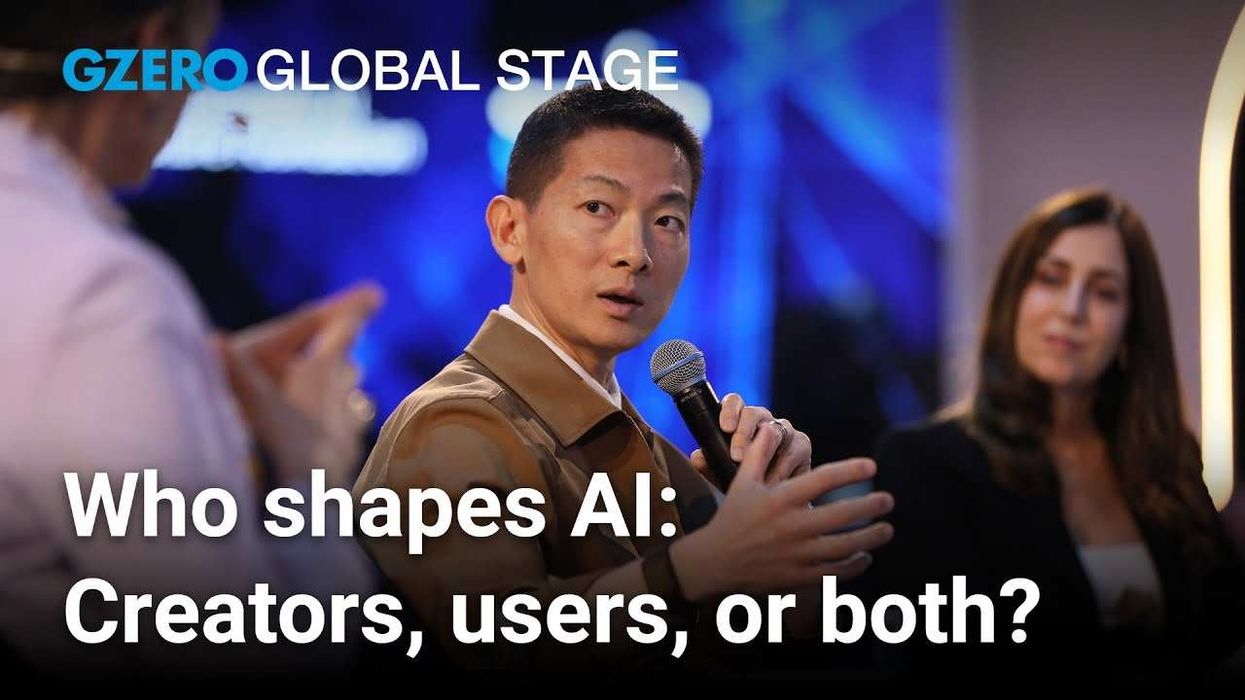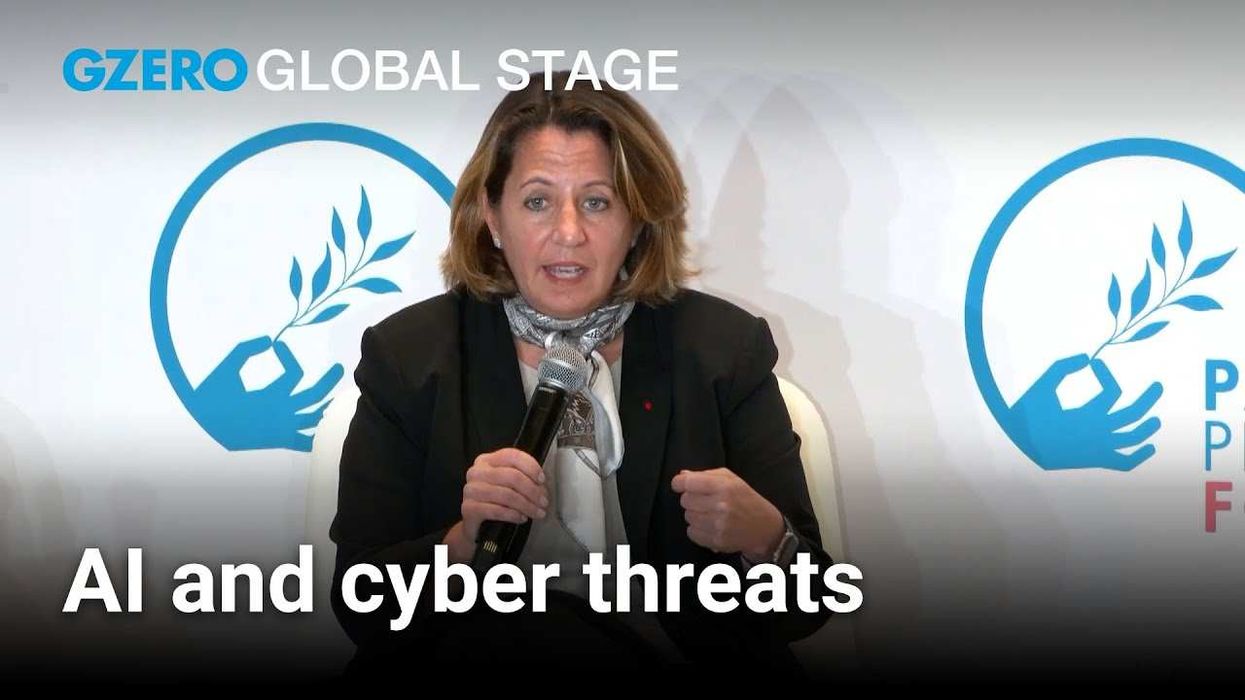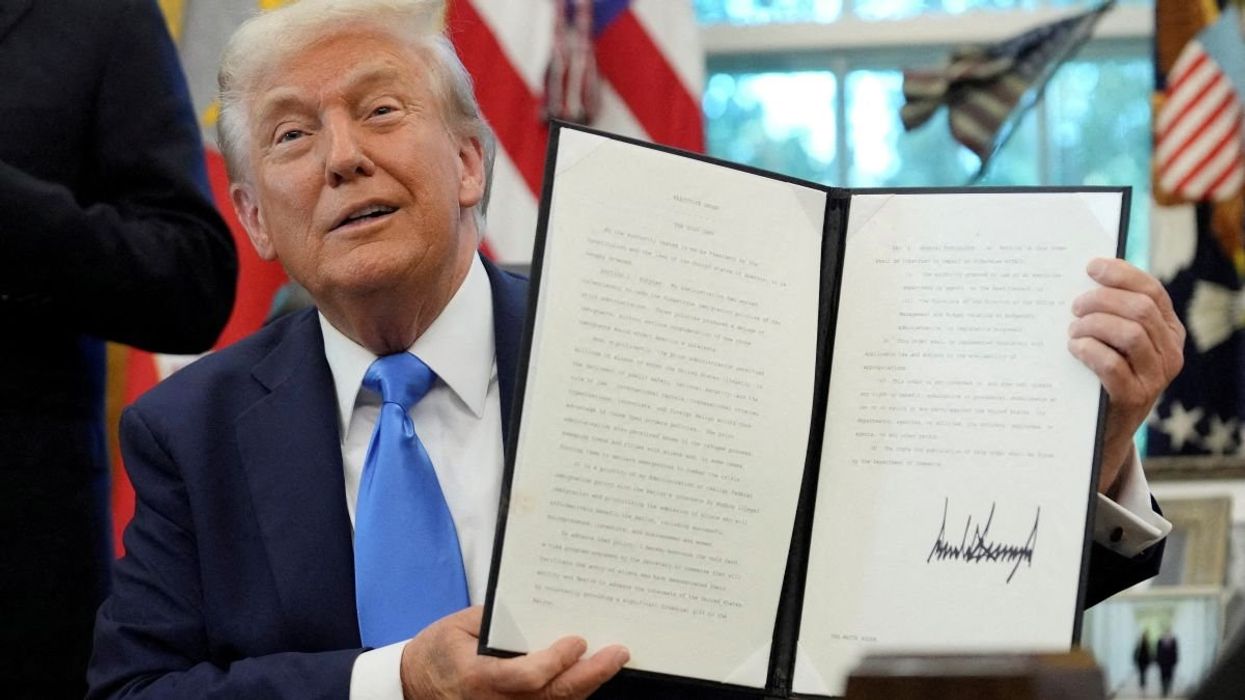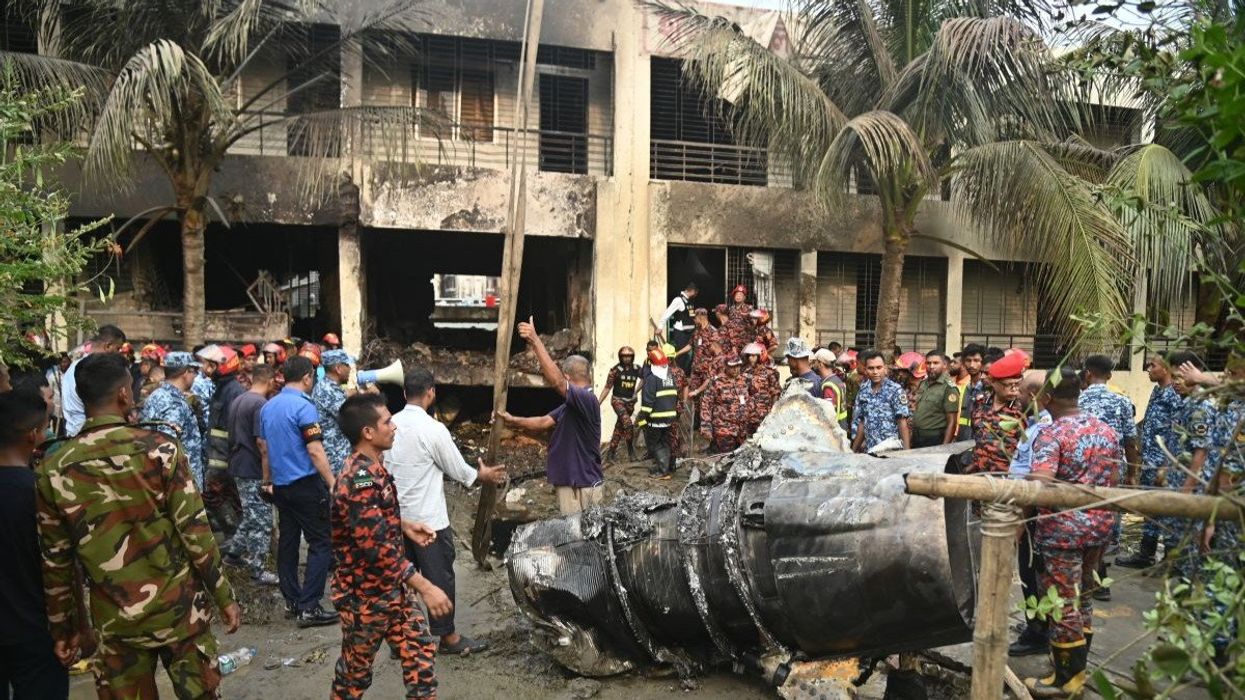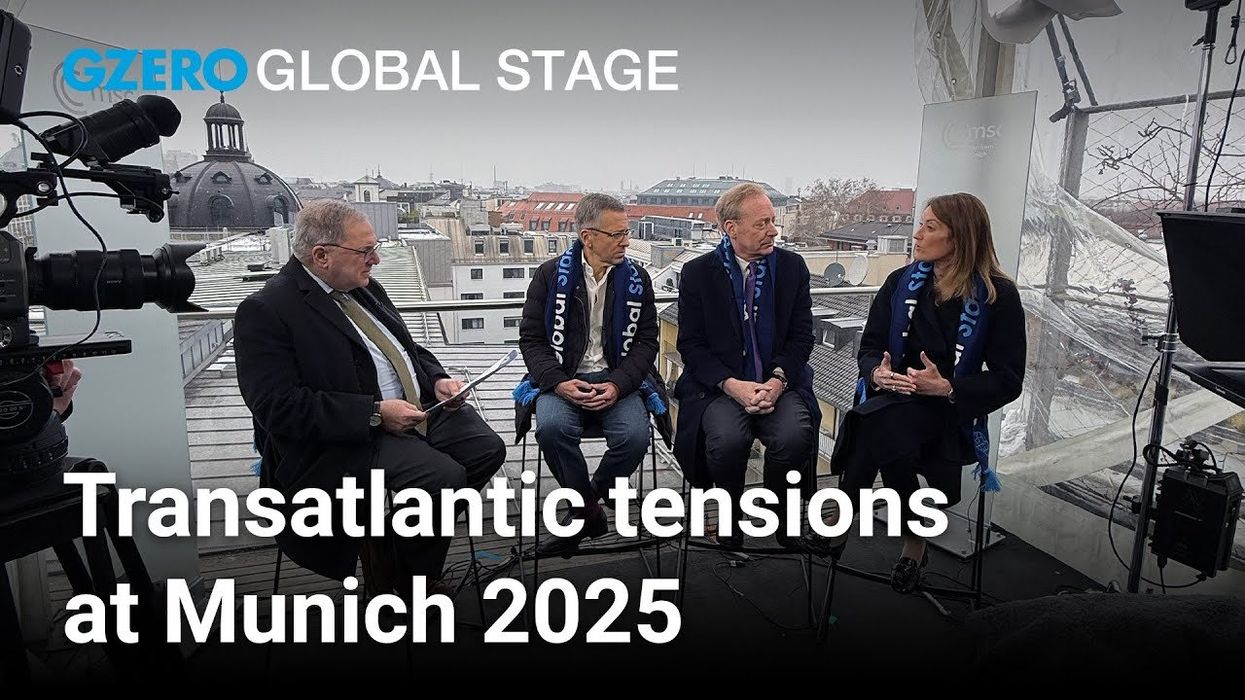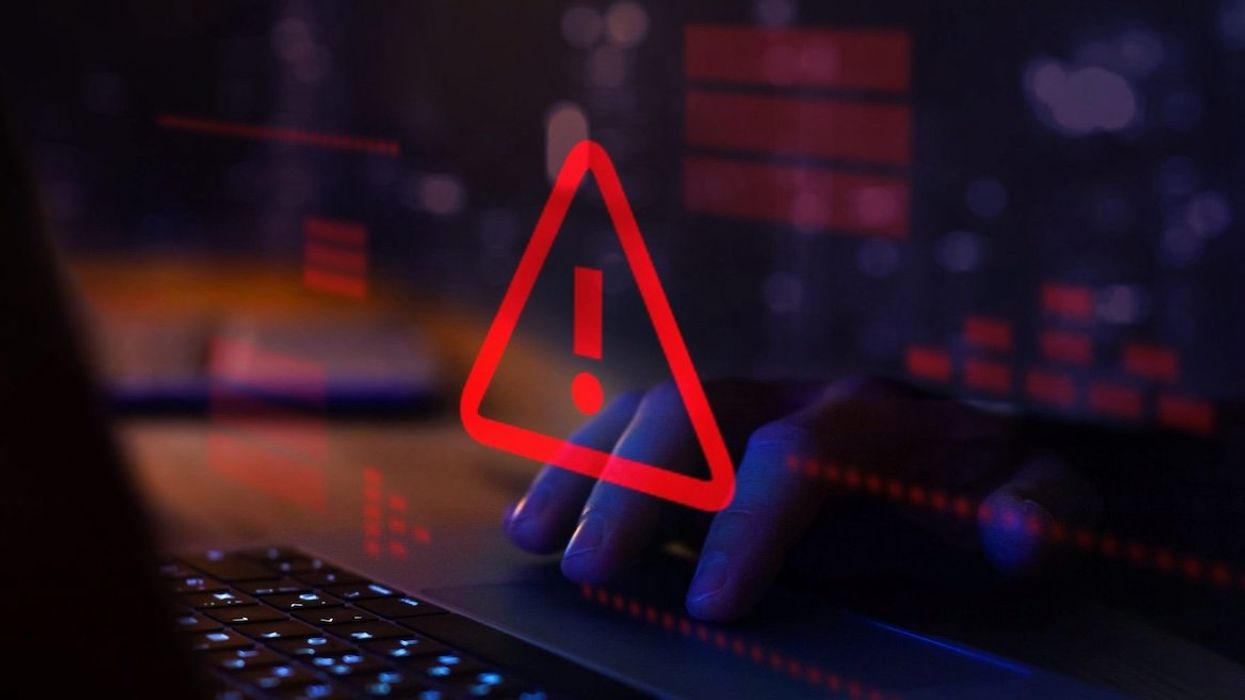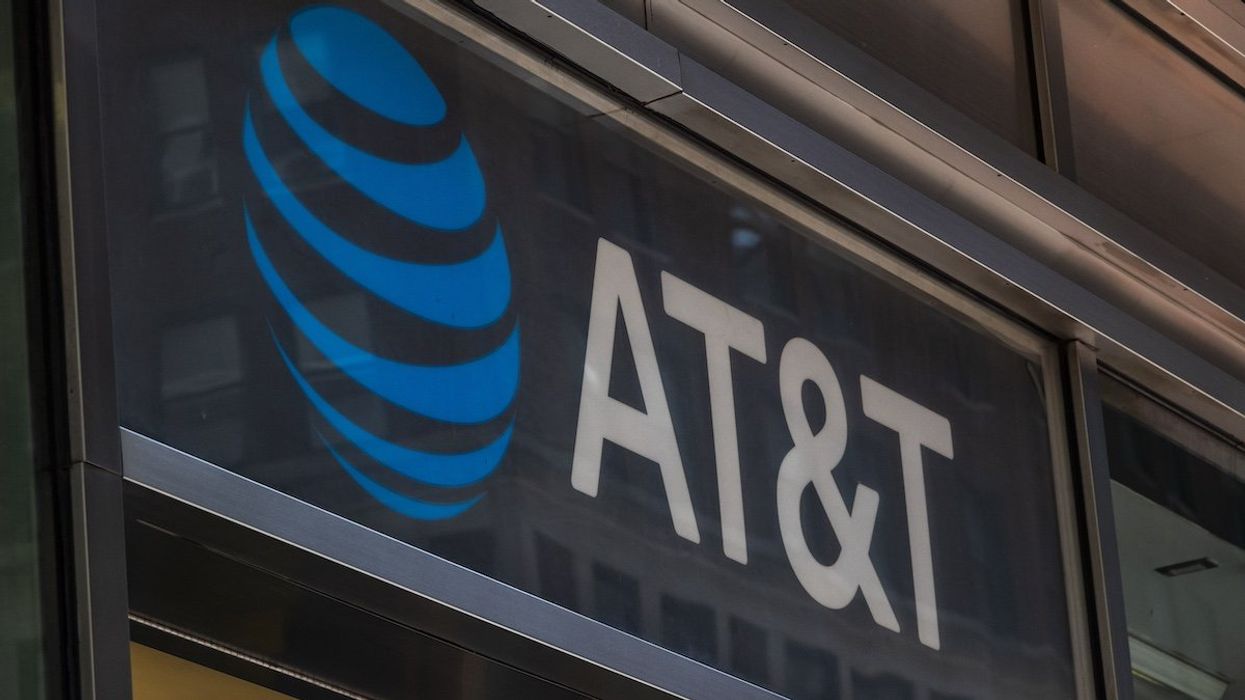Abu Dhabi Global AI Summit
How society plays an active role in shaping the future with AI
Who really shapes and influences the development of AI? The creators or the users? Peng Xiao, Group CEO, G42 argues it’s both. “I actually do not subscribe that the creators have so much control they can program every intent into this technology so users can only just respond and be part of that design,” he explains at the 2025 Abu Dhabi Global AI Summit.
Nov 05, 2025
